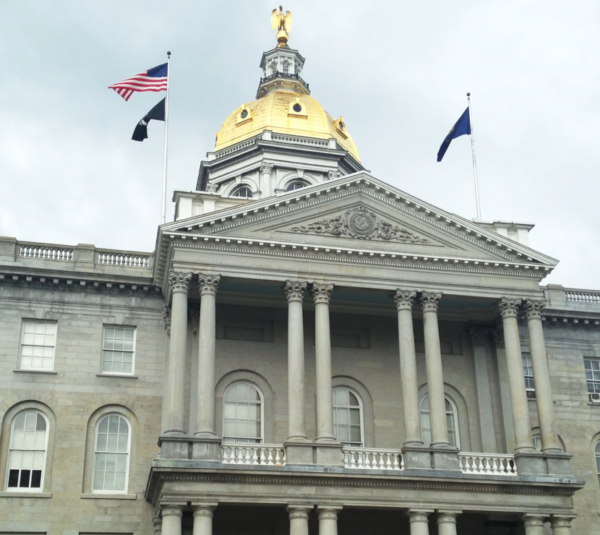Most families in the United States have their Thanksgiving traditions: turkey, pie, gratitude, and perhaps at least one confidently delivered “fact” that isn’t actually a fact. This year, we’ve got you covered. From who’s moving to New Hampshire to what actually drives State revenues and home prices, NHFPI breaks down five common misconceptions with clear, ...
Presented by Phil Sletten, New Hampshire Fiscal Policy Institute Research Director, at the Waypoint Board of Directors meeting in Portsmouth on November 17, 2025.
State revenues collected in October fell below the State’s target amounts for the month, primarily because of the repeal of the Interest and Dividends Tax resulting in difficult-to-predict final revenues as taxpayers collect refunds. Other revenue sources offered a mixture of signals, with some major revenue sources performing well and others slipping behind expectations. Slipping ...
State revenues collected in September were below the State’s target amounts for the month, giving the first clear indication of the new fiscal year that declining business tax revenues are ...
KEY POINTS New Hampshire’s State revenues to the General Fund and Education Trust Fund, after being boosted by high corporate profits and quickly-accelerating housing prices, have declined since 2022 State ...
State revenues started the new fiscal year slipping behind expectations. While neither July nor August are key months for State revenues, the receipts collected since the July 1 start of ...

